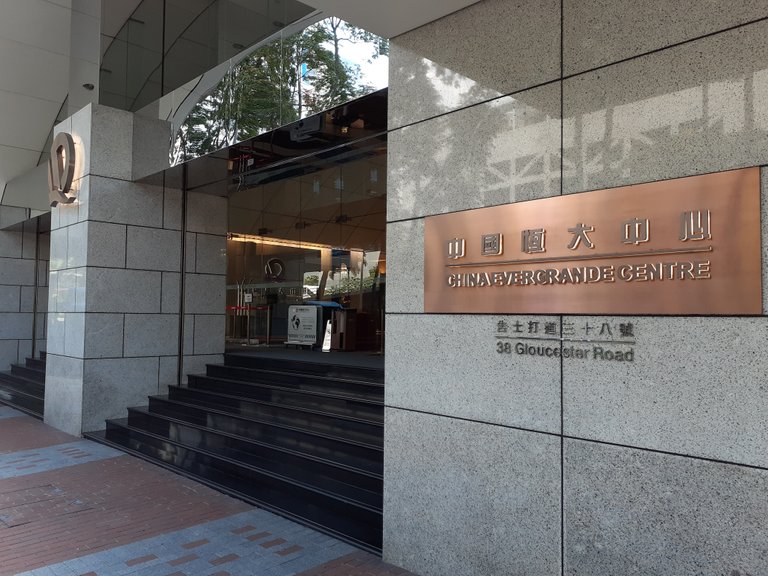
It is now clear why, since early October, the Chinese government has set up a Commission that is inspecting (and reducing to obedience) 25 of China's largest banks and financial institutions.
This is just the final part of a clampdown on the financial sector that began some time ago and has led to the conviction (even capital punishment) of hundreds of officials in the sector.
The sense of this total government takeover is very evident in light of what is happening today in the Chinese real estate market.
In fact, to prevent the current real estate crisis from replicating the disaster that occurred in America in 2008, the Chinese government needs total unanimity and acquiescence from the banking sector and Chinese society in general.
The crisis at Evergrande, China's largest real estate operator, is the fuse that could ignite the fire the government fears, and it is reaching its crucial stage today.
The bone of contention is the real estate giant's foreign currency debts, which include $271 billion in dollar-denominated bonds that are now insolvent and whose prices have plummeted, driving interest rates to record highs.
Since the mechanism of securitization of debts with derivatives does not exist in China, the risk that the government fears is not so much the fall of the financial system, as happened in 2008 in America, but rather the social instability that could result from the crisis.
As we mentioned earlier, real estate investment is a widespread habit throughout the population. Chinese households are $1.4 trillion in debt to real estate agencies from which they have pre-sold unfinished properties.
If these properties are not built or, if built, lose value and can never be rented out, the large segment of the population entangled in these investments may take to the streets in protest.
Another large segment of the population has instead invested in loans made to builders through asset management companies, and unless the government bails out these funds, here too there is a risk of social instability.
The government is aware of the risks and will use all of the country's resources to prevent the crisis from turning into a political and economic collapse.
The central bank, commercial banks, the financial world, traditional media and social media are all ready on the battlefield to work with the government to save the system.
The size of the war to be fought justifies this epochal "call to arms."
According to Goldman Sachs Investment Research, China's residential real estate market is the largest in the world, with a total asset value of $62 trillion, compared to $34 trillion for the U.S. real estate market.
That's why overall, including supporting industries, construction, real estate services and related financial services, real estate accounts for about 28-30% of China's GDP.
But the state owns the country's four largest banks and can tell them to continue making loans even to insolvent companies or not to pursue borrowers, or to convert debt into equity, as long as they keep this from collapsing.
The central bank, the People's Bank of China, which has now become a government asset, will also do whatever is necessary.
Through the network of brokers and intermediaries it controls, the government will be able to indirectly purchase shares and bonds of companies in crisis and - why not - even directly the apartments that no one will want to take on anymore.
Finally, the media will play their part, minimizing the crisis and giving great prominence to government rescue measures.
As I was saying: now it is very clear the reason for the great work of "nationalization" of the economy and society orchestrated by the state throughout 2021 and of which we have spoken in our blog in recent months ... Something big was going on ...
Will the government succeed again this time, as it did in the country's previous periodic debt crises, to miraculously revive the Chinese economy?
Probably yes, but this time the real estate sector as the Chinese have known it until yesterday will no longer exist and will give way to something completely new.
And in the meantime, in the West the narrative of a possible post covid economic recovery will be completely dismissed and give way to a new season of accommodative monetary policies, to the delight of the stock market sectors usually benefiting from negative rates and central banks' tight-lipped interventions in prices.
Thanks for reading
Credits
Photo: Chorzinghuam 2, CC BY-SA 4.0, via Wikimedia Commons
Posted Using LeoFinance Beta